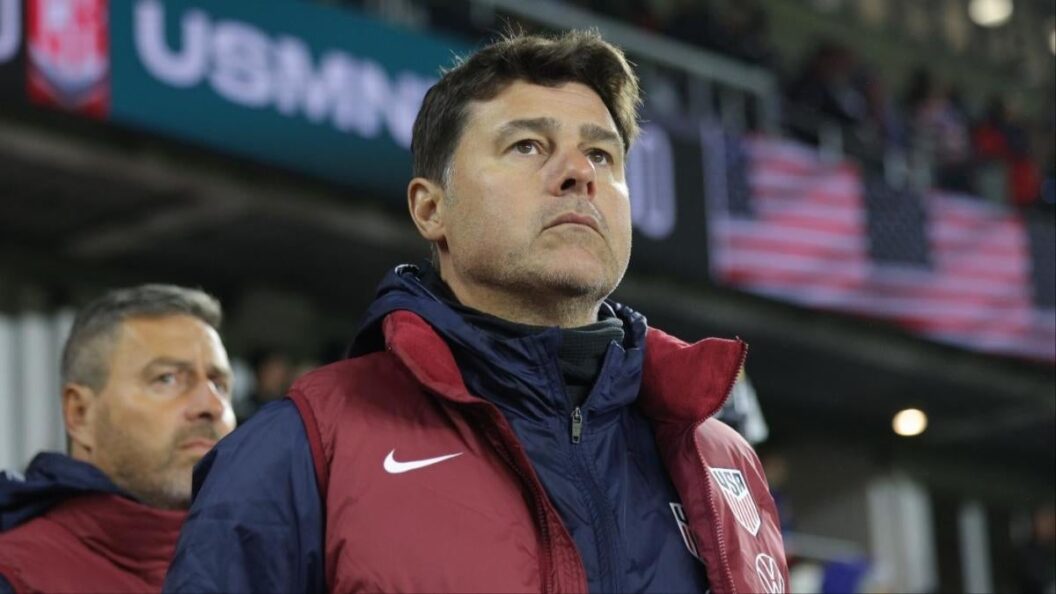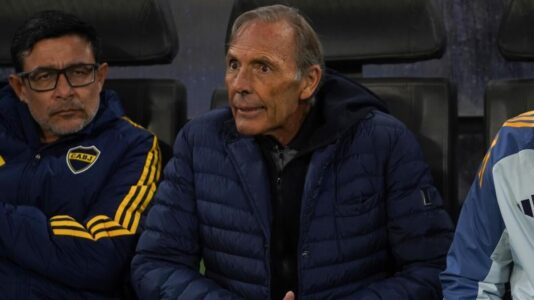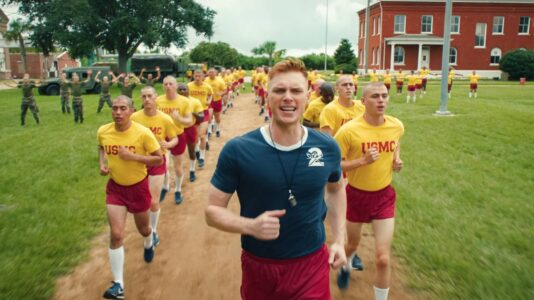Tensions and Team Spirit Prevail Ahead of Concacaf Nations League Semifinals
INGEWOOD, Calif. – As the soccer world turns its attention to the semifinals of the Concacaf Nations League, a mixture of political tensions and national pride looms over the competition. Teams from the United States, Canada, Mexico, and Panama are set to clash in a high-stakes tournament starting Thursday at SoFi Stadium, yet external geopolitical factors are proving hard to ignore.
Six weeks prior to the tournament, comedian Jon Stewart’s jibe on "The Daily Show," referring to the competitive relationship between the U.S. and Canada, marked the beginning of a spotlight on the tense atmosphere surrounding these games. This is further underscored by the recent diplomatic friction over U.S. President Donald Trump’s controversial comments concerning the Panama Canal, which sparked a sharp rebuttal from Panamanian President Jose Raul Mulino, labeling the remarks as untrue.
The U.S. men’s national team is scheduled to face off against Panama in the first semifinal match. As each national team’s coach addressed the media on Tuesday, it was clear that soccer—not politics—was the narrative they aimed to convey.
Panama’s Coach Stresses Focus on Soccer
Panama’s head coach, Thomas Christiansen, sought to distance his team from the political fray, stating that discussions of politics are not part of his motivation for the tournament. "Speaking or talking about politics, it’s not my area," he affirmed, expressing a preference for focusing solely on soccer tactics and game preparations.
This sentiment reverberated among his counterparts. Jesse Marsch, the U.S. team coach, reiterated a hopeful outlook for the tournament, suggesting that it could serve as a reflection of their societies without the need for political undercurrents. "We can just focus on the players and the teams… to support the love of the game," Marsch commented, aiming for unity in the face of division.
Coaches Unite Amidst Geopolitical Strains
Mauricio Pochettino, head coach of the U.S. men’s national team, echoed Marsch’s assertions while emphasizing the importance of separating sports from the political sphere. Drawing from his own experiences in the wake of the Falklands War, he advised against mixing political issues with sport, explaining that soccer should be about enjoyment and happiness for fans. "To mix all these situations never was my way," he emphasized, outlining his commitment to keeping the focus on the game.
Marsch expressed a desire to create a supportive environment akin to the "Canadian hockey mentality," citing his communication with Canada’s hockey team head coach Jon Cooper during their recent matchup. However, he acknowledged the "charged atmosphere" surrounding international sporting events and the significance they hold in current times.
The Charged Atmosphere of International Sports
In addressing the multifaceted dynamics of this tournament, Marsch acknowledged the heightened stakes involved. "The climate for sports in North America has been elevated for national teams," he stated, hinting at the increasing importance of these matches as symbols of national pride for the countries involved.
While the coaches emphasize sportsmanship and unity, the undercurrents of political tension remain palpable. The ability of players and teams to compartmentalize these external pressures while preparing for the tournament could have significant implications for their performance and the event’s overall atmosphere.
In conclusion, as the Concacaf Nations League semifinals approach, the intersection of sports and politics stands as a critical backdrop. The commitment from coaches to focus on the game points to a shared understanding that, despite external conflicts, the essence of sport serves to unite individuals across borders. The outcomes of the forthcoming matches may not only determine the champions of the Concacaf Nations League but could also symbolize a moment of reconciliation or heightened rivalry in North American sports.









